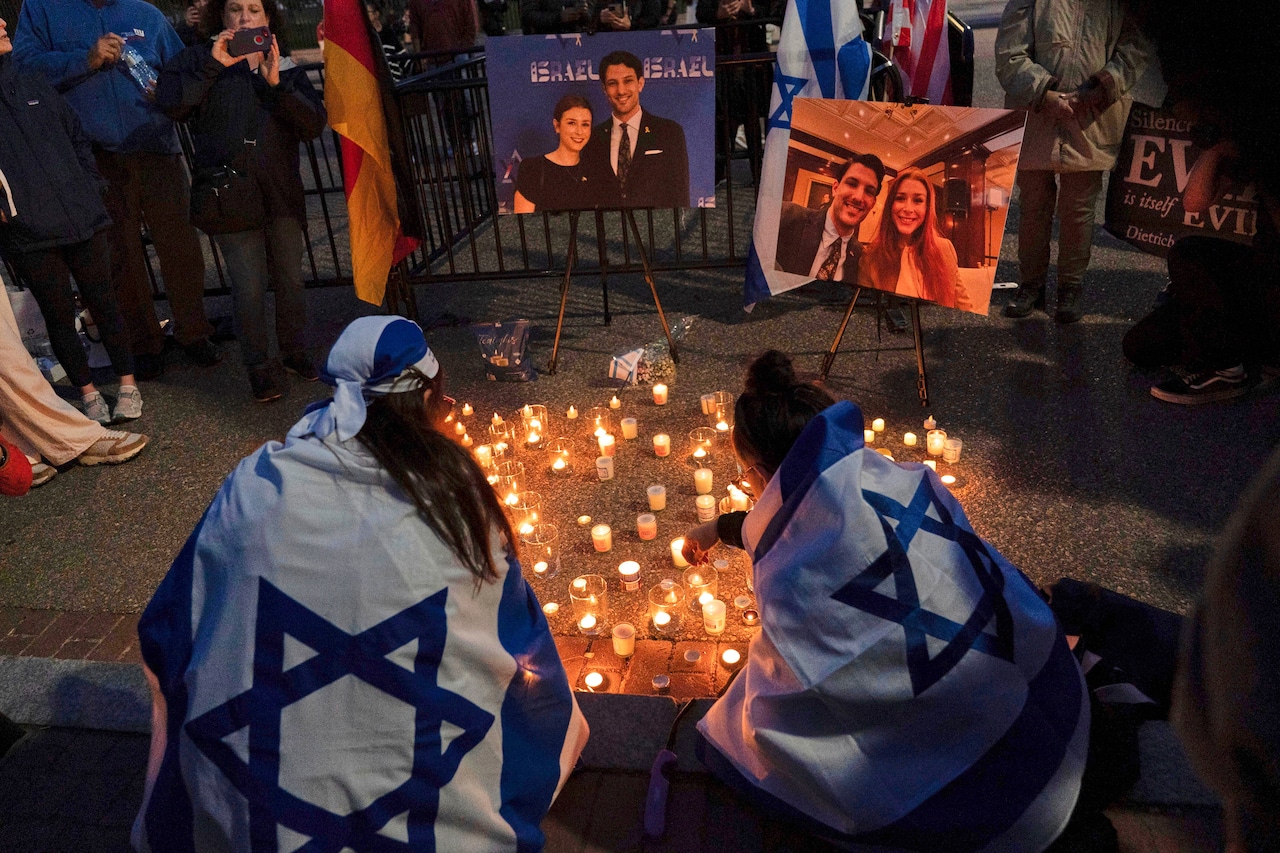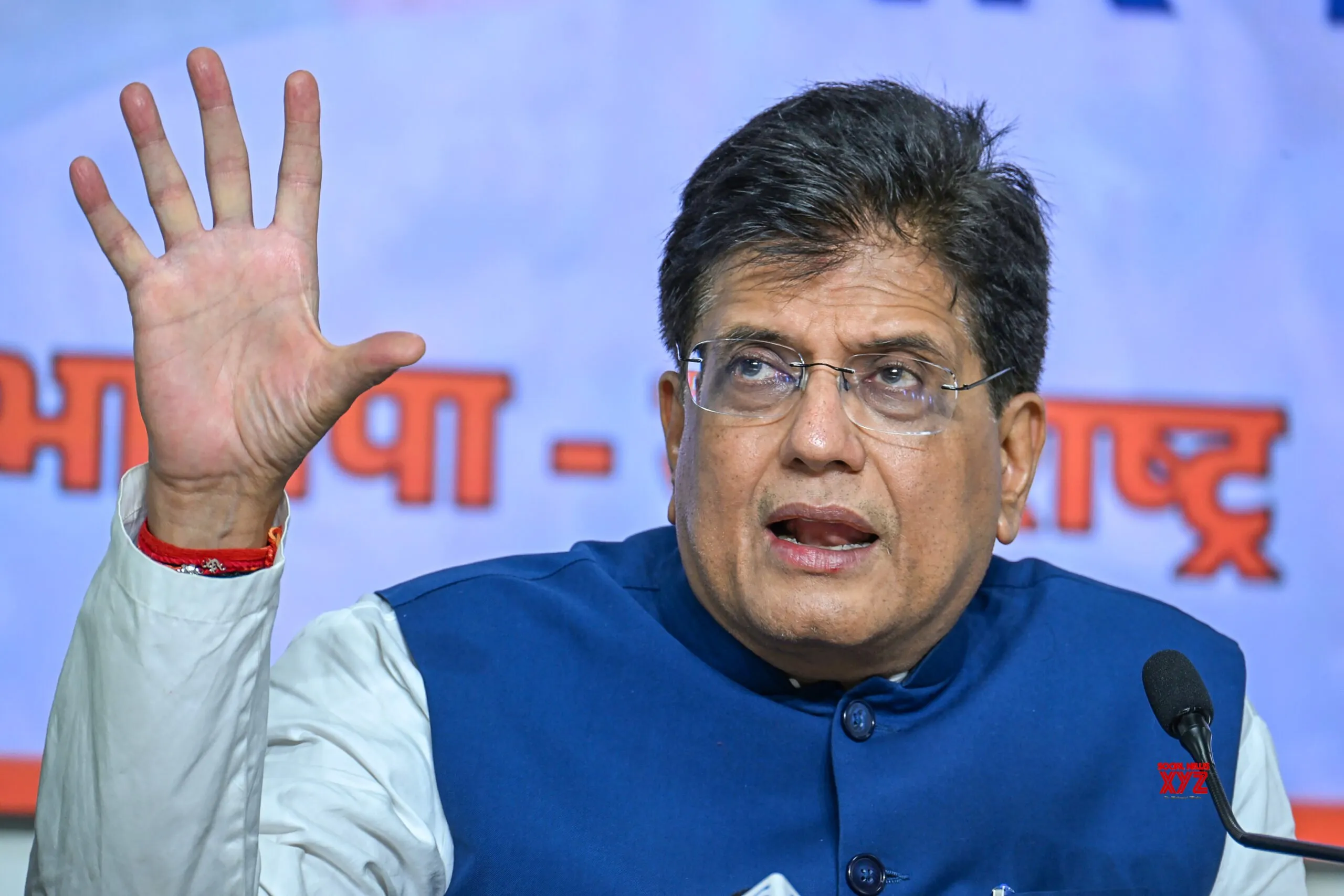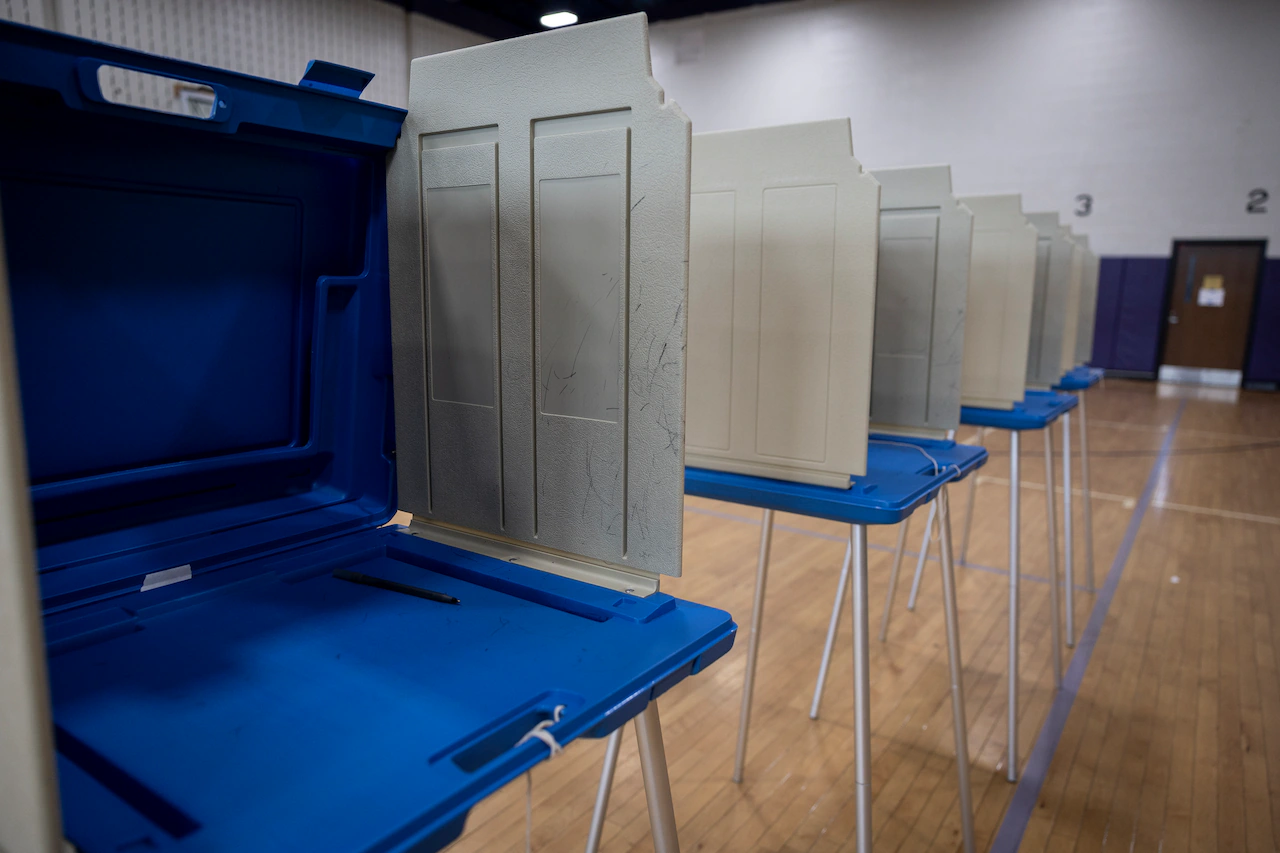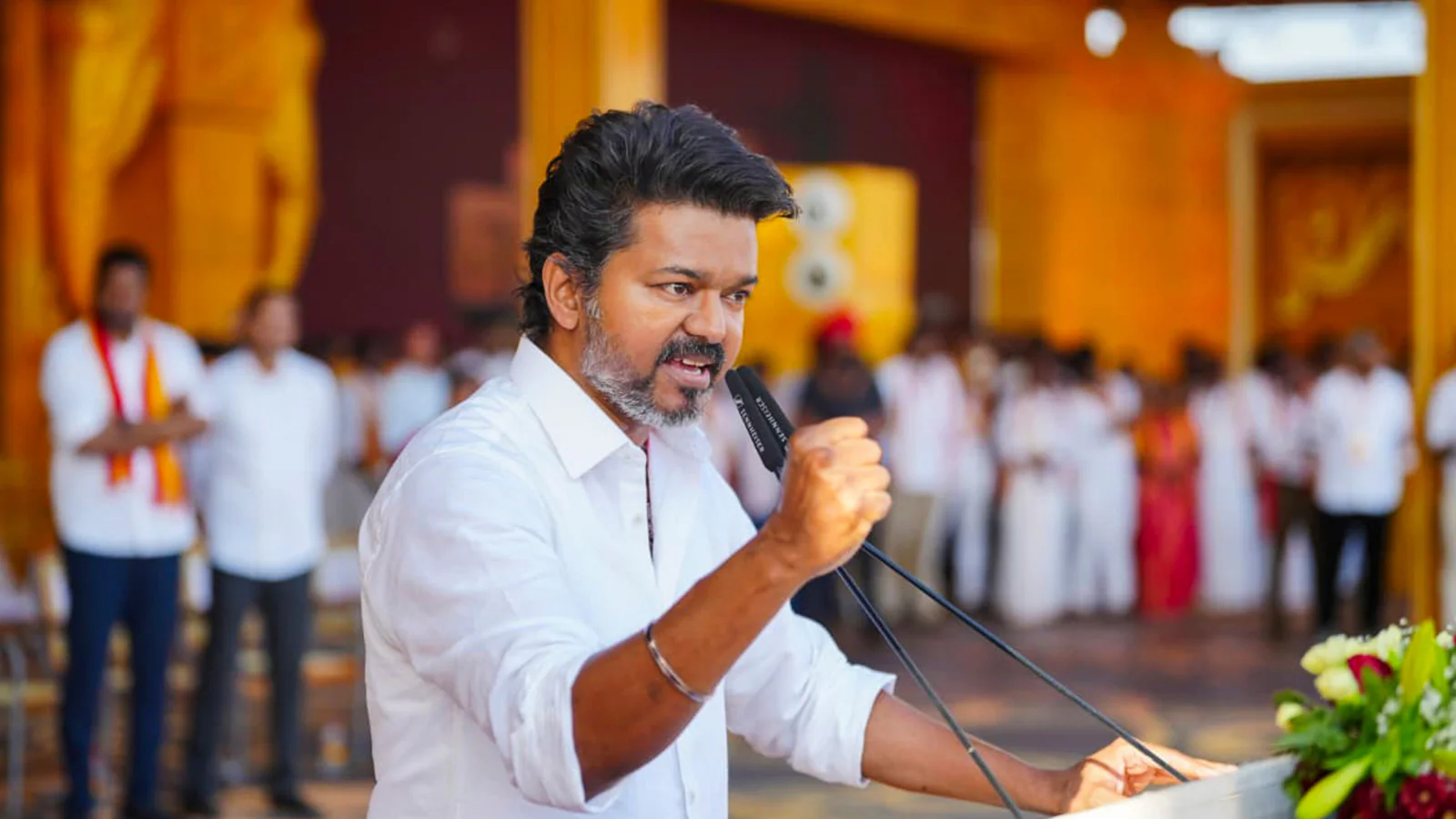
By DAVID CRARY, AP National Writer
For Jewish congregations across the United States, the High Holy Days — always a compelling mix of celebration and repentance — will be more charged than usual this year.
Rabbis say many of their congregants are worried by a surge of antisemitism, including two deadly attacks in the spring, yet are all the more determined to worship together.
“There’s no doubt this is a very precarious moment,” said Rabbi Rick Jacobs, president of the Union for Reform Judaism. “People are feeling unsettled and vulnerable and also feeling that the High Holy Days could not matter more.”
At Sinai Temple, a Conservative synagogue in Los Angeles, Rabbi Erez Sherman said his diverse congregation seems eager to gather side by side.
“Obviously security is of utmost concern,” Sherman said. “It’s led to people saying I want to be here. I want to be in these pews. And I want to walk out with a proud Jewish identity as well.”
Similar sentiments came from Rabbi Moshe Hauer, executive vice president at the Orthodox Union.
“Our precious country’s atmosphere is currently hate-filled, making this a difficult time for all Americans and certainly for the Jewish community,” he said via email. “Rather than discourage high holiday attendance, this will motivate our community to come together and fill our synagogues with the prayers.”
The High Holy Days begin on Sept. 22 with Rosh Hashana — the Jewish New Year — and continue through Yom Kippur, the Day of Atonement, which ends at nightfall on Oct. 2.
Attacks put Jewish Americans on edge
The recent assassination of conservative activist Charlie Kirk has put Americans nationwide on edge. For Jewish Americans, there was a stretch earlier this year that violently dramatized the threat of antisemitism.
In April, during Passover, the Harrisburg home of Pennsylvania’s Jewish governor, Josh Shapiro, was firebombed.
In May, two Israeli Embassy staffers were fatally shot outside the Capital Jewish Museum in Washington. On June 1, an attacker threw Molotov cocktails at people in Boulder, Colorado, rallying to demand release of Israeli hostages in Gaza; one of those wounded in the attack — an 82-year-old woman — died of her injuries on June 25.
Those attacks occurred as monitoring groups and security experts were reporting an unprecedented surge in the number of antisemitic incidents and anti-Jewish threats in the U.S. since the Israel-Hamas war broke out on Oct. 7, 2023. Leaders of several major Jewish organizations held a briefing last week on Capitol Hill to press their case for more federal funding to help bolster security at Jewish institutions.
“This is a domestic terrorism crisis,” said Eric Fingerhut, president and CEO of Jewish Federations of North America. “We need to be on a war footing to respond.”
In Houston, Rabbi David Lyon of Congregation Beth Israel, used dire language in an email to The Associated Press.
“There is nothing similar to other recent years,” he wrote of the specter of antisemitism. “This is calculated, organized, and funded hate.”
Worshiping alongside others with differing views
Like many U.S. rabbis, Lyon serves a politically divided community with diverse opinions.
“In a Jewish setting, where there is nothing close to a pope or a bishop, we exercise free will and autonomy,” he wrote. “In my congregations, we hear from the left and the right, but the role of the rabbis is to locate us on a mutual path of Torah-based values that cherish human life, dignity, peace.”
At Sinai Temple in Los Angeles, Sherman and his wife, Nicole Guzik, serve jointly as senior rabbis.
They try to avoid broaching politics from the pulpit, but they schedule events at the synagogue designed so congregants will hear from people with diverse views. One recent guest was Ahmed Fouad Alkhatib, founder of Realign for Palestine — a project seeking “a new policy framework for rejuvenated pro-Palestine advocacy.”
“I could not be more proud of our congregation,” Guzik said. “They’re willing to listen to viewpoints to which they did not fully agree.”
Sinai Temple also has a mental health center, staffed by a social worker, to support congregants affected by antisemitism.
“We want to acknowledge that people are scared and yet at the same time they don’t want to sit at home and hide their Judaism,” Guzik said.



